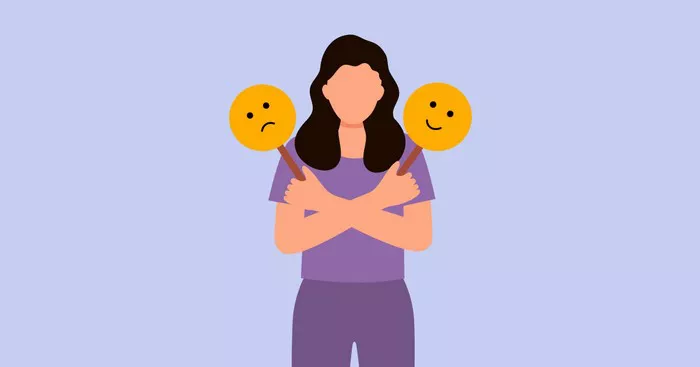The University of Queensland, A new study led by researchers at the University of Queensland has found that 70% of Australians diagnosed with major depressive disorder are not receiving the minimal treatment necessary for their condition.
The research team analyzed data from 204 countries and territories to assess global access to adequate mental health care. Dr. Damian Santomauro from UQ’s School of Public Health and the Queensland Centre for Mental Health Research emphasized the importance of understanding how many individuals with depressive disorders worldwide are receiving appropriate care.
In 2021, only 30% of Australians with major depressive disorder received what is classified as minimally adequate treatment. This standard is defined as at least one month of medication accompanied by either four visits to a doctor or eight sessions with a mental health professional.
While high-income regions reported the highest rates of adequate treatment at 27%, only seven countries had rates exceeding 30%. In stark contrast, the study revealed that 90 countries had adequate treatment rates below 5%, with sub-Saharan Africa showing the lowest rate at just 2%.
“Globally, only 9% of individuals with major depressive illnesses received the minimal treatment necessary,” Dr. Santomauro noted. The study also identified a slight gender disparity, with females receiving treatment at a rate of 10.2%, compared to 7.2% for males.
Professor Harvey Whiteford, a psychiatrist and researcher at the School of Public Health, highlighted that many individuals with depression require more than just minimally adequate treatment. “Effective treatments are available, and with the right care, individuals can fully recover,” he said. “Without treatment, the suffering and impairment caused by depression can be prolonged, adversely affecting relationships, work, and education.”
Dr. Santomauro stressed the need for a shift in mental health funding and evaluation, advocating for a focus on the quality and duration of treatment, as well as improved access to care.
The findings align with the World Health Organization’s Comprehensive Mental Health Action Plan 2013–2030, which aims to increase mental health service coverage by at least 50% by 2030. “Identifying regions and demographic groups with the lowest treatment rates can help prioritize areas for intervention and resource allocation,” Dr. Santomauro stated. “This data provides a baseline for tracking progress in improving treatment for major depressive disorders.”
The study involved collaboration with researchers from the University of Washington, the World Health Organization, and Harvard University, and was published in The Lancet Psychiatry.
Related Topics:
-
Ultra Processed Foods Are Associated With Weight Gain And Health Decline In Adolescents
-
Research Has Identified Key Priorities For Reducing Research On Psychiatric Drugs
-
Canadian Guidelines Expand Treatment Options For Opioid Use Disorders


